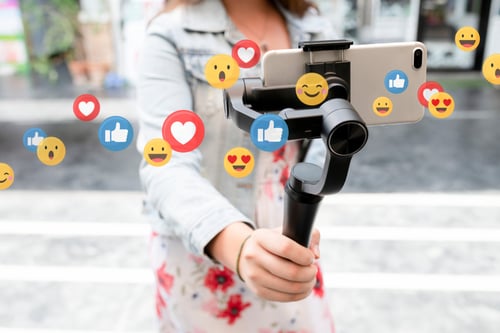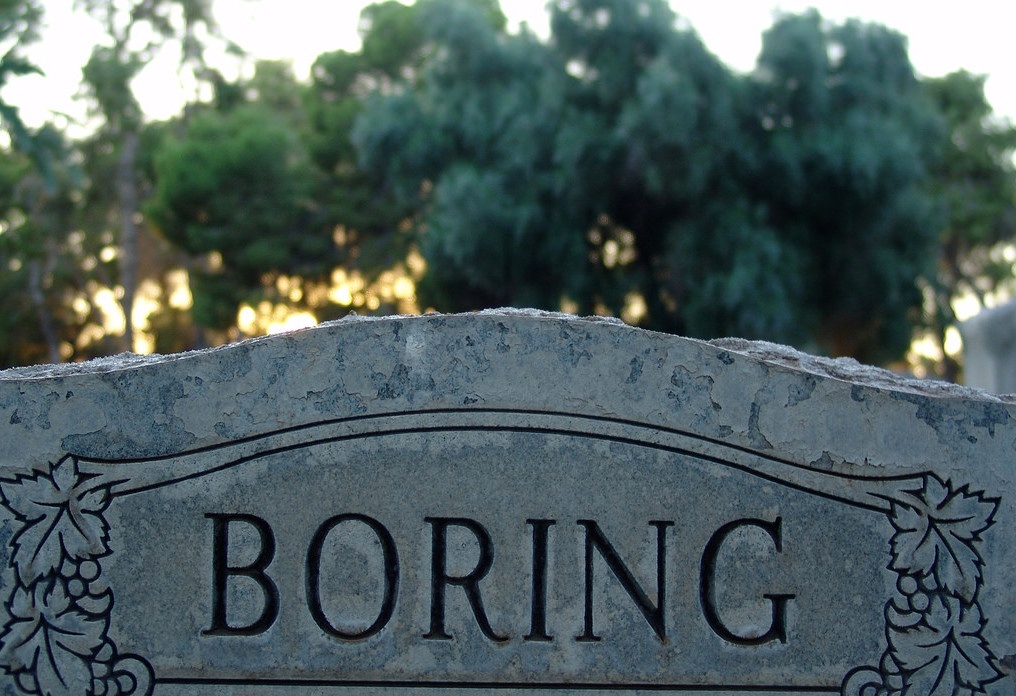We spend a fair amount of time and energy training insurance producers. Of course, given that it is their agency owners who engage our services, some producers come into training more excited to be there than others. To be fair, some would rather be anywhere else but sitting there with us for two days of training; we call these folks “hostages."
But, we challenge them to keep an open mind. We encourage them to challenge everything we teach. We take time to explain why each step is effective and necessary. We help them to take ownership of the broker sales process.
It may not be easy getting there, but in the end, we send a majority of producers away with a level of energy, motivation, and confidence they haven’t had in a while, if ever. That’s not our observation, that’s their feedback.
We recently overheard a producer who came into sales training as an obvious “hostage” saying, “Wow, this will actually work!”
Yes. Yes, it will.
The objections
Of course, some get to that recognition faster than others. Over the course of the two days we are presented with, as I’m sure you’d expect, many objections.
I could write a whole series of blog posts on the objections, but there is one that comes up every single time: It’s how much time a prospect will make available to them.
Our sales system is built around a three-step process. Each meeting has a distinct purpose, each step tees up the next and builds on the last, and each step will likely take an hour to an hour and a half.
Defiant declarations always ensue: “There is NO WAY I can get a prospect to take three meetings. And there is NO WAY I can get more than 10 – 15 minutes at a time.”
We call bullshit!
We call bullshit because we use the same sales process ourselves. Nobody would be sitting in that room with us if someone on their leadership team hadn’t given us three meetings and adequate time for each meeting. In fact, the second meeting we have with an agency (to discuss in detail what is working and what isn’t working in all phases of their agency operations), almost always takes at least three hours. And, NOBODY has ever complained it was too long.
When we explain this to the room, the response is interesting. Most are curious as to why it would be different for us, and there is usually the lone holdout who explains, “You just don’t understand; our prospects are (hold on) DIFFERENT.”
The problem isn’t that their prospects are different. The problem is that the meetings they have with prospects AREN’T different.
The typical series of conversations a producer has with a prospect center around:
- Let me explain to you who “ABC Agency” is and our 112-year history
- We have achieved Gold/Platinum status with all the top A-rated carriers
- If you give us a chance to quote, I really think we can beat your price
- Let me show you our capabilities binder of products we offer
- The real difference between ABC and everyone else is our service. You will come to see us as an extension of your HR department
And, no, I wasn’t listening in on your last pitch.
Death by a thousand cuts of the same tired message
And, herein lies the reason your prospects won’t give you the time of day.
Your prospects have heard this same message over and over and over and probably check-out when you launch into it. They are not interested in hearing your version of the same sad agency story.
They aren’t interested in your past; they are concerned about their future.
They aren’t interested in discussing your products, they are interested in discussing the problems your products can help fix.
Do yourself a favor. For your next prospect meeting, leave the agency history lesson and your capabilities binder at the office.
Instead, show up prepared to discuss 1.) the future they desire, and 2.) the problems that may get in their way (addressed by the products in your capabilities binder). If you do that, you may very well have to cut the conversation short so that you can get to your next meeting on time.
Would you like to be having these kind of meetings with prospects? If you would, and you feel you need a little help, let us know. We know how to get you there.
Photo by RonBerg







